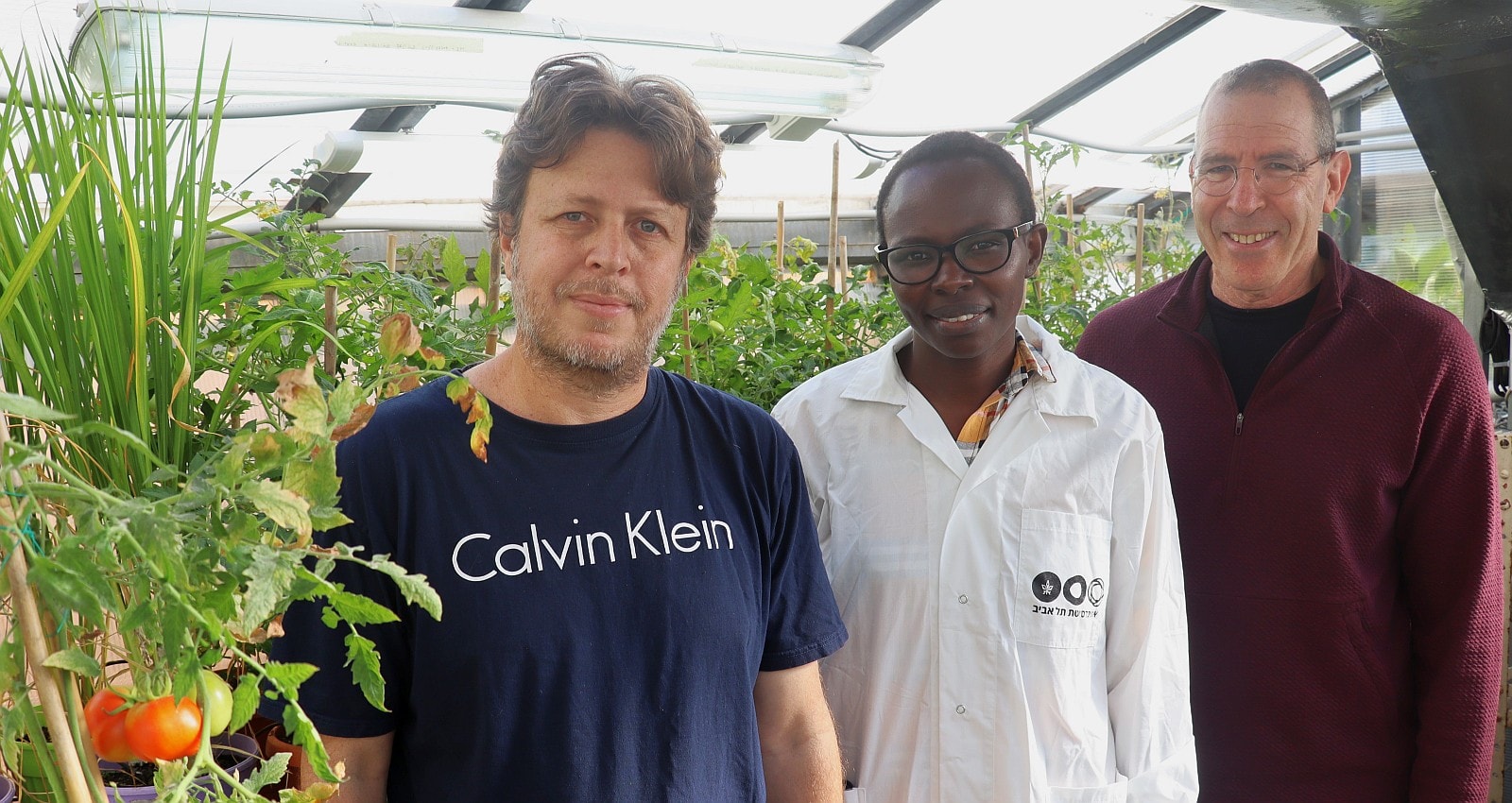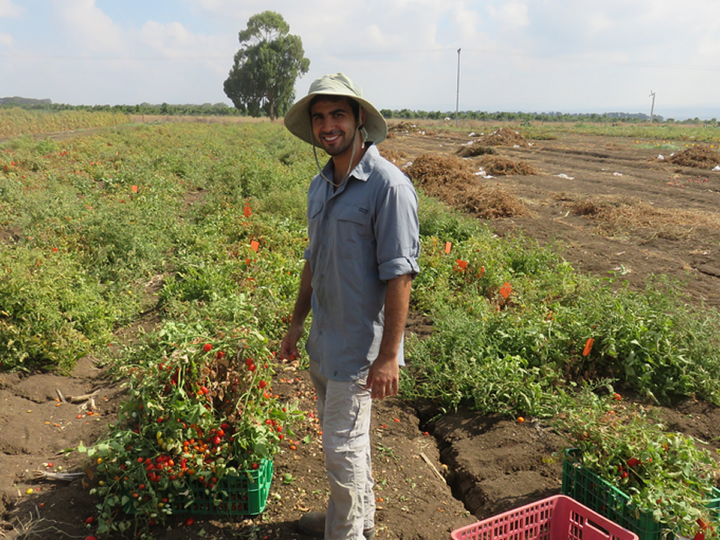Climate change and increasingly extreme weather conditions are predicted to wreak havoc with humanity’s food security. But hopefully, at least tomatoes will stay safe.
Researchers from Tel Aviv University have succeeded in cultivating tomato varieties that consume less water as they grow without compromising on yield, quality or taste, using CRISPR genome editing technology.
Their study, which contributes to growing efforts to ensure food security in a world of diminishing freshwater resources, was recently published in the journal PNAS.
The trade-off between a plant’s water consumption and sugar production (which helps the plant grow and makes it delicious) occurs in openings on the surface of the leaves called stomata.
Stomata allow both transpiration, or water evaporation, and carbon dioxide intake that is assimilated into sugar for photosynthesis. Stomata can open and close to regulate the plant’s water intake.
Under drought conditions, the researchers explain, plants close their stomata to preserve water. But because that process is linked to carbon dioxide intake, the closure leads to a decrease in carbon dioxide intake, meaning that the plant makes less sugar in photosynthesis.
In crop plants, this translates into a decrease in the number of fruit, their weight and their sugar content, which also affects taste and nutrition.
In their study, the researchers targeted a gene called ROP9. ROP proteins function as switches, toggling between an active or inactive state.
“We discovered that eliminating ROP9 by the CRISPR technology causes a partial closure of the stomata,” says Prof. Shaul Yalovsky, one of the authors of the study.
“This effect is particularly pronounced during midday, when the rate of water loss from the plants in the transpiration process is at its highest. Conversely, in the morning and afternoon, when the transpiration rate is lower, there was no significant difference in the rate of water loss between the control plants and ROP9-modified plants.
“Because the stomata remained open in the morning and afternoon, the plants were able to uptake enough carbon dioxide, preventing any decline in sugar production by photosynthesis even during the afternoon hours, when the stomata were more closed in the ROP9-modified plants.”
The researchers went on to conduct experiments on hundreds of plants and demonstrated that though the ROP9-modified plants lose less water during the transpiration process, there is no adverse effect on photosynthesis, crop quantity or quality.
“There is great similarity between the ROP9 in tomatoes and ROP proteins found in other crop plants such as pepper, eggplant and wheat,” adds Nir Sade, another author of the study.
“Therefore, the discoveries detailed in our article could form the basis for the development of additional crop plants with enhanced water use efficiency, and for a deeper understanding of the mechanisms behind stomatal opening and closing.”
















